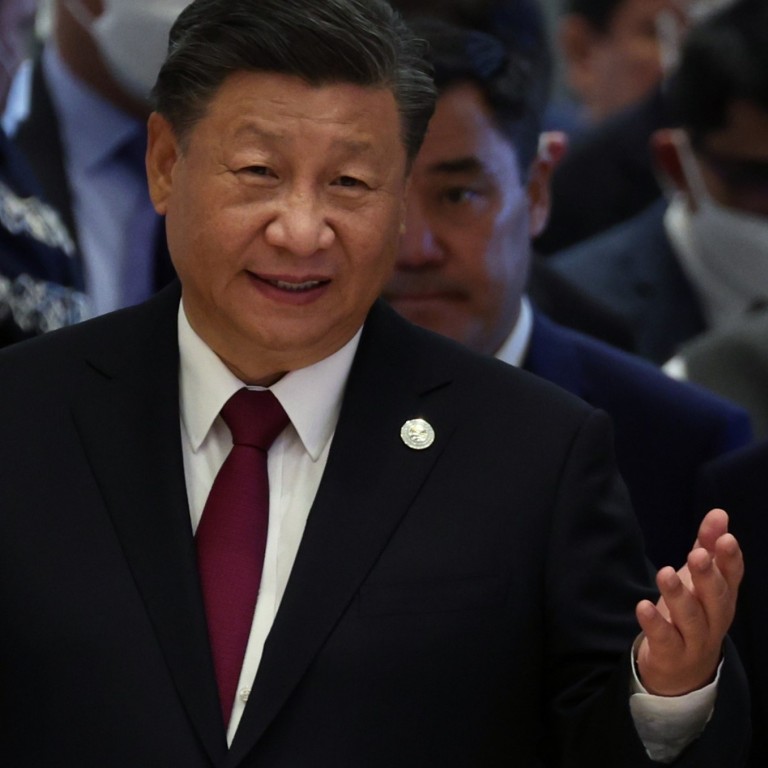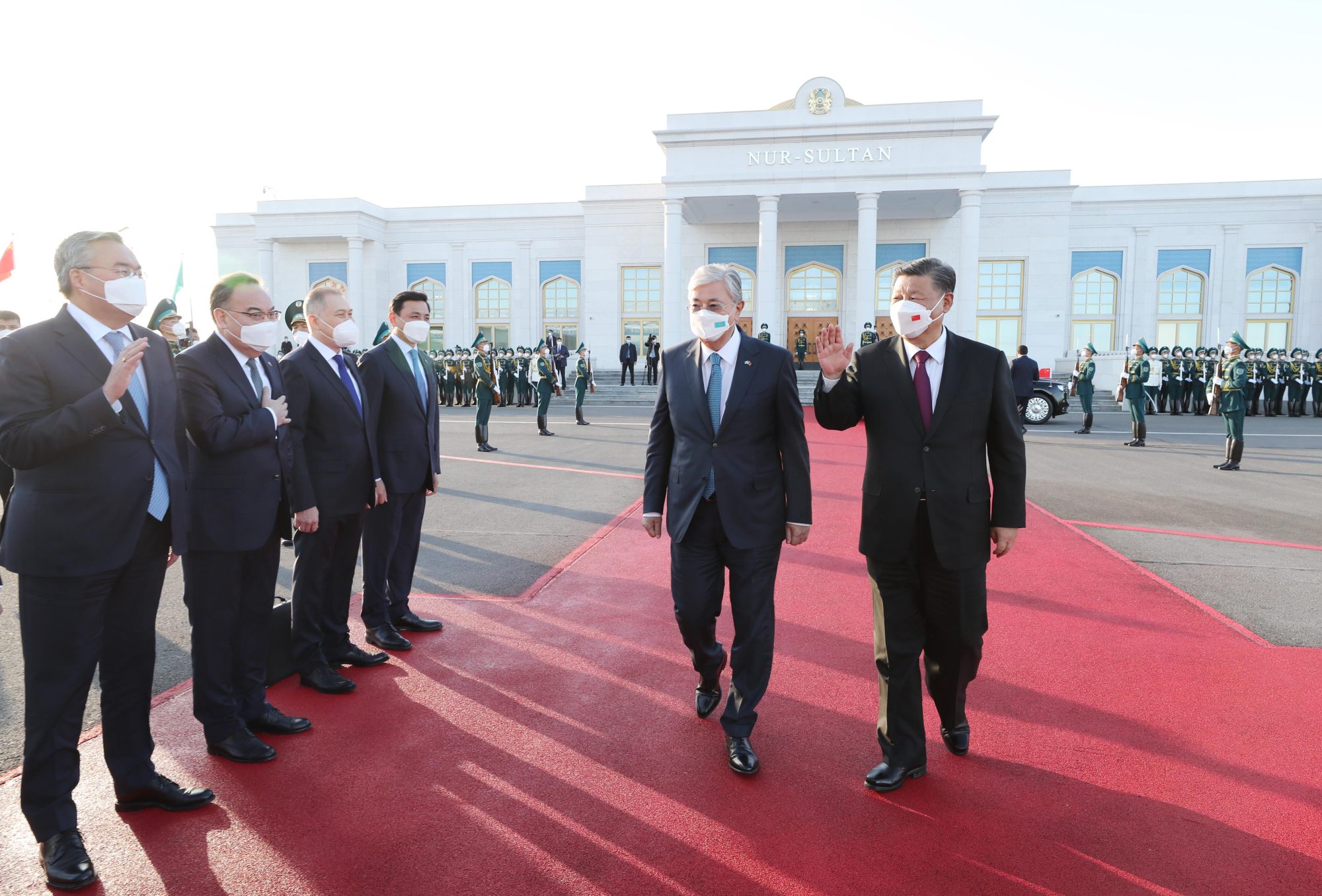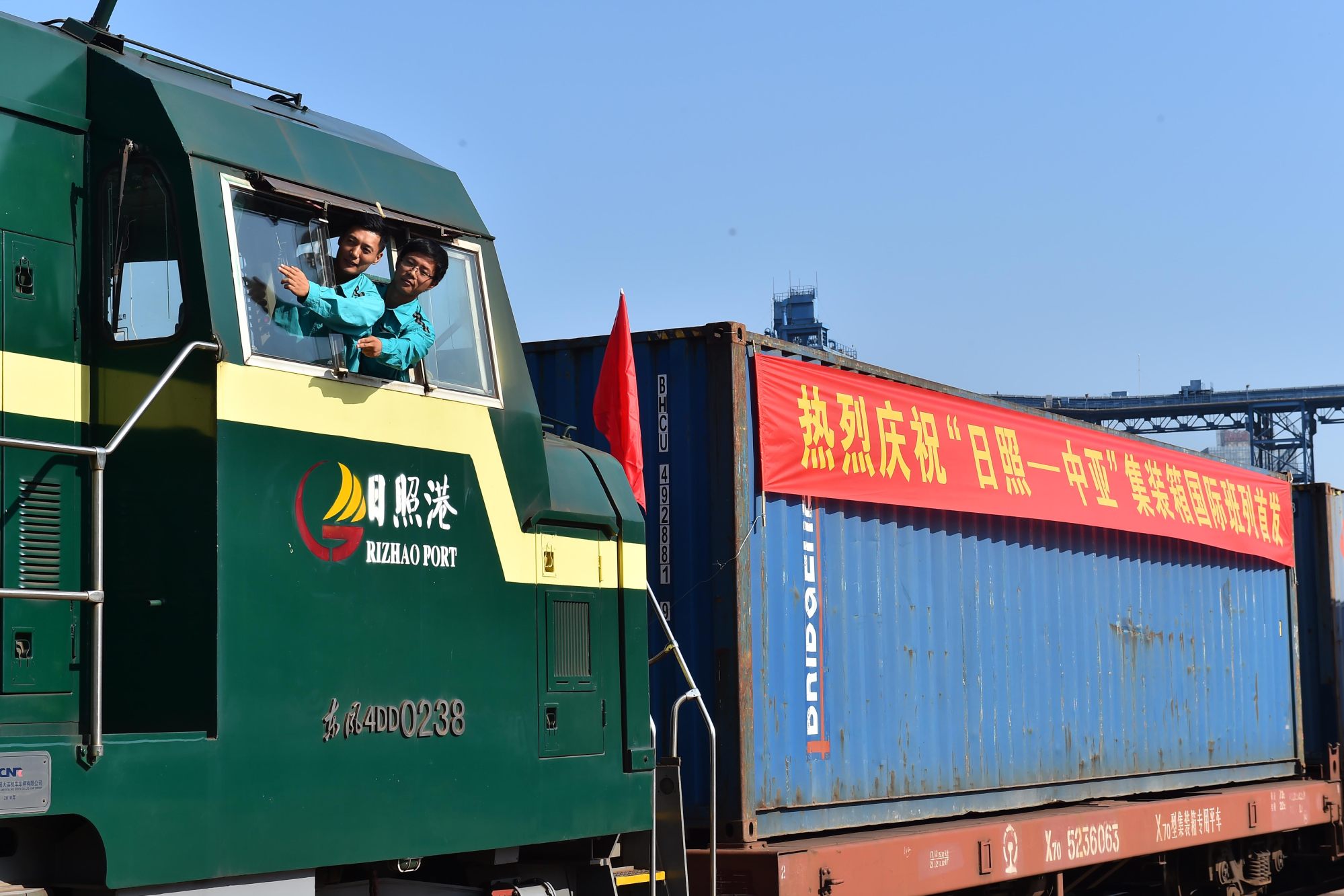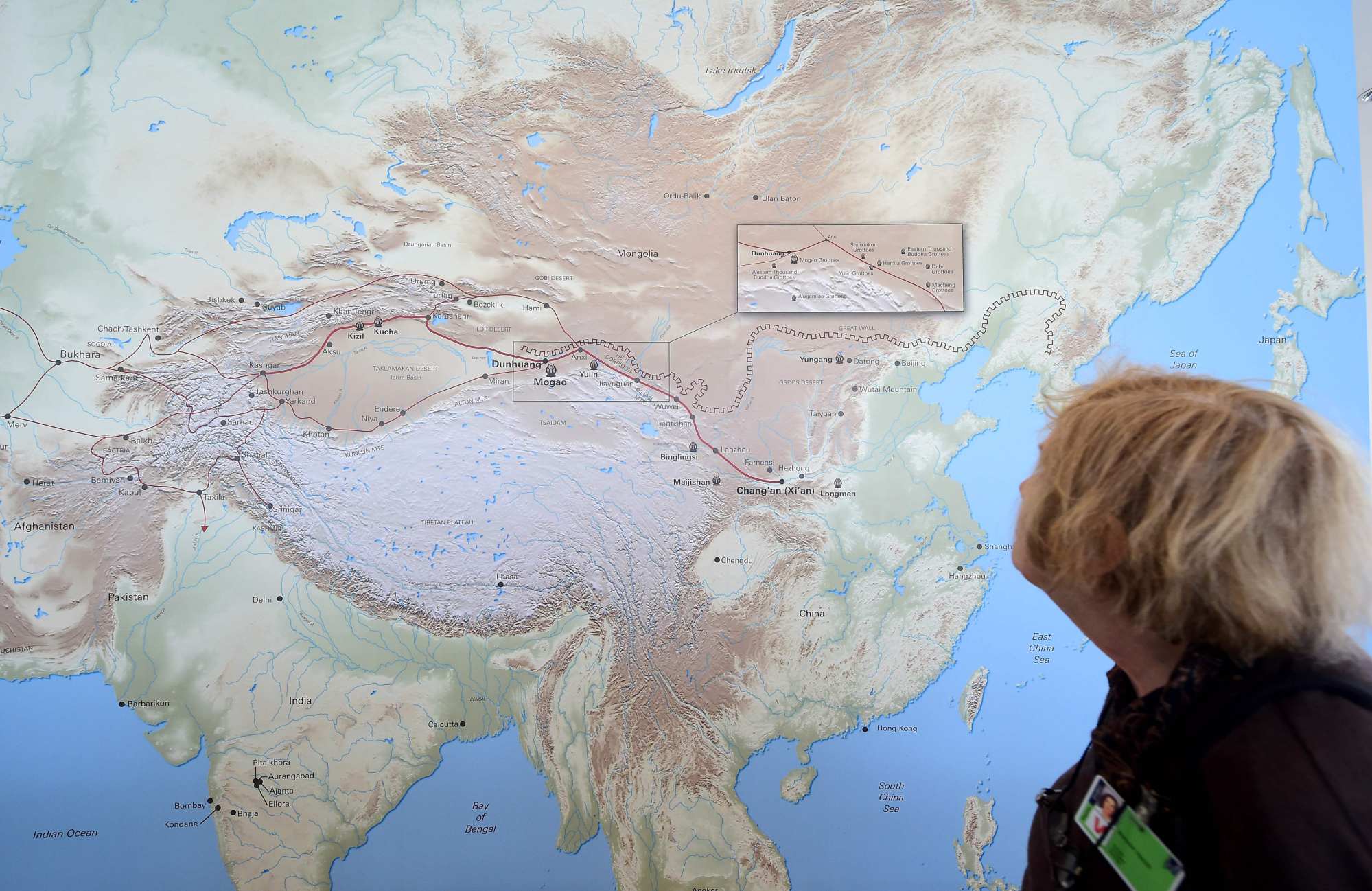
Why Uzbekistan and Kazakhstan’s hopes of using China as hedge against Russia could be doomed
- Central Asia’s increasingly tense relations with Russia have made closer ties with China attractive, but achieving that is not without its problems
- Far from Beijing proving a hedge against Moscow, the opportunities on offer in Russia might simply increase the competition for China’s attention
There are numerous reasons for this, from local hesitance to problems in China, but collectively they illustrate the trouble Central Asia faces as it seeks to use Beijing as a hedge against Moscow, with whom relations have grown increasingly testy.
Both have been appalled by Russia’s invasion of Ukraine. While some individuals within the countries might hold some moral objections towards what China is doing in Xinjiang, they largely see this as a domestic issue within China that has nothing to do with them.
There is no doubt some element of hard geopolitics has also played into their thinking. Both Kazakhstan and Uzbekistan have expressed reservations about Russia’s actions in Ukraine publicly before and are increasingly concerned about the clear evidence of Russian weakening.

But at the same time, both are aware of the complications of increasing their dependence on China. This came into particular view during the Covid-19 pandemic.
Uzbek traders report that during the height of the pandemic, the costs of containers going through China to Uzbekistan rose by at least five times. While they have since gone down, they remain more expensive than they were pre-pandemic. The growth of traffic through the region to Russia helps keep them high alongside complications on the Chinese side.
At the same time, routes into China have only recently reopened, even though opening them was a focus of regular lobbying during the pandemic as landlocked Central Asians sought to get goods out and in.
The problems went beyond goods at borders. According to Uzbek data, the pandemic led to an abrupt drop in the number of new companies being created in Uzbekistan with Chinese investment. The numbers have started to increase again but remain far below pre-pandemic levels.

China has retained its trade primacy in Uzbekistan, though the numbers are lower than before the pandemic and dipped substantially in 2020. All of this comes on top of Chinese companies in Uzbekistan being seen as behaving in ways that will keep local authorities happy but do not always actually deliver.
For example, media reports and experts on the ground suggest there has been a steady growth in recent years of Chinese companies opening factories in Uzbekistan. This is something the authorities welcome, eager to turn the country into a manufacturing hub. Yet at the same time, it is not clear how much these factories are actually manufacturing rather than serving as assembly plants. Parts are often imported rather than manufactured locally, and there are fewer assembly lines than initially promised.
The reasons for this from a Chinese perspective are logical – it is often not clear the local market will be able to absorb the volume more active plants could produce. However, the consequences are a smaller level of local capacity building.
It also means it can often be quicker and cheaper to simply import the desired piece of machinery directly from China rather than purchase it from the local manufacturing plant. The factory is going to have to wait for the parts from China and then take time to assemble the product in Uzbekistan. Once you factor order book backlogs on top of this, it can become quite a long wait.

This reality lurks in the shadows of the push to warmly embrace Xi. Both Uzbek President Shavkat Mirziyoyev and Kazakh President Kassym-Jomart Tokayev made it clear they welcomed and sought a closer relationship with China. Kazakh officials behind the scenes were ecstatic about Xi’s comments about being willing to defend their national sovereignty, interpreting it as a protective clause should Moscow’s revanchist eye fall on their territory.
China cosies up with Central Asian ‘stans’ as tensions rise with the West
Yet the reality is that China is unlikely to play that role or do much to prioritise trade with the region. This reticence will emerge elsewhere as well, leading to frustration on the ground.
Raffaello Pantucci is a senior associate fellow at the Royal United Services Institute (RUSI) in London and a senior fellow at the S. Rajaratnam School of International Studies (RSIS) in Singapore

